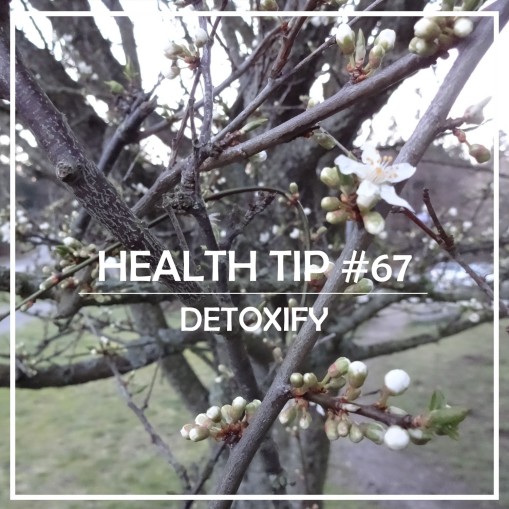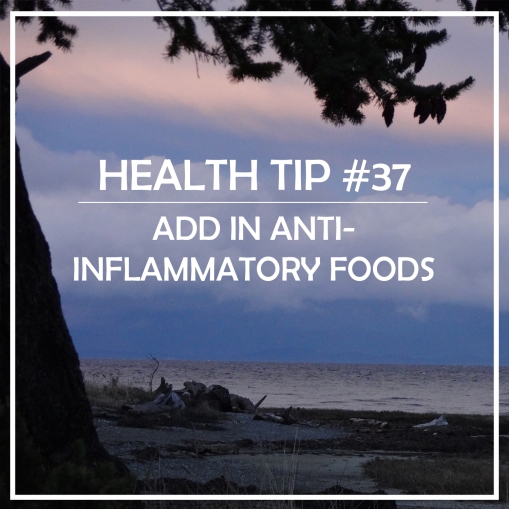
Tag Archives: Cruciferous Vegetables
Health Tip #37

Chronic Inflammation is a precursor to degenerative diseases and to us meeting an earlier end. Chronic inflammation can often be silent, or go unnoticed until symptoms of degenerative disease begin to show themselves. The best way to offset this tendency toward degeneration is to add in anti-inflammatory foods. As it turns out, anti-inflammatory foods are the real, whole foods we have been discussing thus far.
Vegetables and Fruits
As we have discussed before, brightly colored fruits and vegetables should cover the majority of your plate at any meal. We should try to eat a rainbow of fruits and vegetables. Some of the best anti-inflammatory fruits and vegetables include berries like blueberries, orange and yellow fruits and vegetables, dark leafy greens, and cruciferous vegetables (broccoli, cabbage, Brussels sprouts, kale). When considering brightly colored produce, don’t forget about the anti-inflammatory herbs we discussed in the last post such as garlic, ginger, turmeric and cinnamon. Fermented vegetables such as kimchee, pickles and sauerkraut should also be considered. Shiitake mushrooms are also an anti-inflammatory addition as they help to mitigate oxidative stress.
Grains and Legumes
If including grains and legumes in the diet, make sure they are whole, soaked or fermented and properly prepared for proper digestion. Flour based, processed grains should be avoided. As we’ve discussed in a previous posts, rather or not gluten is included in the diet should be carefully considered. If it is included, proper preparation is crucial. Organic, fermented soybean products such as natto, miso and tempeh can also be added.
Fats
Adding in healthy fats (coconut, avocados, raw nuts, olives, coconut oil, and cold-pressed olive oil) and the elimination of bad fats (highly processed vegetable oils like canola oil, soybean oil, margarine and hydrogenated oils/trans fats) is crucial in the anti-inflammatory diet.
Omega 3 foods such as cold water, fatty fish such as wild salmon, sardines, anchovies and herrings should also be included in an anti-inflammatory diet.
Protein
In general, in our western diets, we tend to eat too much animal protein. A vegetable based diet is best and a little good quality animal protein goes a long way. If you can, choose wild local seafood, local grass-fed meats and dairy products.
Other Anti-Inflammatory Foods
Other anti-inflammatory foods to consider in your diet are green tea, tulsi tea, matcha and dark chocolate for their antioxidant content.
Avoid Processed Foods and Sugar
One of the most important things to remember when eating an anti-inflammatory diet is to avoid processed foods, especially those containing processed sugars and bad fats. Regular consumption of flour based foods and refined sugars should be avoided as insulin resistance leads to chronic inflammation and degenerative disease.
Recent Comments